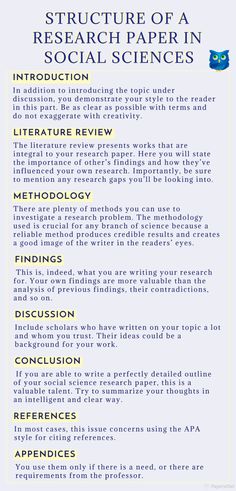RESEARCH METHODOLOGY
RESEARCH METHODOLOGY
The research methodology, or methods section, outlines the approach and techniques used to conduct a research study. This section is crucial for ensuring the study's validity, reliability, and replicability. Here are key notes on the research methodology:
Purpose of the Research Methodology:
Explanation of Research Design:
- Note: Describes the overall strategy or plan for conducting the research. Common research designs include experimental, correlational, qualitative, or mixed methods.
Sampling Strategy:
- Note: Explains how participants (or subjects) were selected for the study. Discuss the criteria for inclusion/exclusion and the rationale for the chosen sample size.
Data Collection Methods:
- Note: Details the methods used to collect data (e.g., surveys, interviews, experiments, observations). Discuss the instruments, tools, or procedures employed.
Variables and Measures:
- Note: Defines and operationalizes key variables. Describes the reliability and validity of measurement instruments used in the study.
Data Analysis Techniques:
- Note: Explains the statistical or qualitative methods used to analyze the collected data. Describes the rationale for choosing specific analytical tools.
Ethical Considerations:
- Note: Addresses ethical aspects of the research, including participant consent, confidentiality, and any potential risks. Mention institutional review board (IRB) approval, if applicable.
Validity and Reliability:
- Note: Discusses steps taken to ensure the validity and reliability of the study. This may include pilot testing, inter-rater reliability checks, or using established measurement tools.
Key Components in the Research Methodology:
Research Design:
- Note: Specify the overall plan or strategy, such as experimental, observational, survey, case study, or mixed-methods design.
Sampling Technique:
- Note: Detail the method used to select participants or subjects. Discuss the representativeness of the sample.
Data Collection Instruments:
- Note: Describe the tools or instruments used to gather data. This could include surveys, interviews, observations, or experimental equipment.
Procedures:
- Note: Outline the step-by-step procedures followed during data collection. Include any specific instructions given to participants.
Data Analysis Plan:
- Note: Specify how the collected data will be analyzed. For quantitative studies, detail statistical tests or software used; for qualitative studies, describe coding and thematic analysis.
Validity and Reliability Measures:
- Note: Discuss how the study's validity and reliability were ensured. This could involve using established measures, conducting pilot studies, or inter-rater reliability checks.
Ethical Considerations:
- Note: Address ethical concerns and safeguards implemented in the study. Ensure compliance with ethical guidelines and regulations.
Example Notes for a Research Methodology:
Title: "Impact of Mindfulness Meditation on Stress Reduction: A Randomized Controlled Trial"
Research Methodology:
Research Design:
- Note: This study adopts a randomized controlled trial (RCT) design to assess the impact of mindfulness meditation on stress reduction.
Sampling Technique:
- Note: Participants are recruited through convenience sampling from a local community center. Inclusion criteria involve adults aged 18-60 experiencing moderate stress levels.
Data Collection Instruments:
- Note: Data on stress levels are collected using a standardized stress assessment questionnaire (Perceived Stress Scale - PSS). Additionally, participants maintain stress diaries for qualitative insights.
Procedures:
- Note: Participants are randomly assigned to either a mindfulness meditation group or a control group. Mindfulness sessions are conducted three times a week for eight weeks. Stress assessments are conducted at baseline, midpoint, and post-intervention.
Data Analysis Plan:
- Note: Quantitative data will be analyzed using repeated measures ANOVA to compare stress levels between the two groups at different time points. Qualitative data from stress diaries will undergo thematic analysis.
Validity and Reliability Measures:
- Note: The Perceived Stress Scale (PSS) has been validated in previous research and demonstrates high reliability. Pilot testing was conducted with a small group to ensure clarity and relevance of survey questions.
Ethical Considerations:
- Note: Informed consent will be obtained from all participants. Confidentiality of participant data is ensured through coding. The study has received approval from the institutional review board (IRB) at XYZ University.
Remember that the research methodology should provide sufficient detail for other researchers to replicate the study. It is important to align the chosen methodology with the research objectives and ensure ethical integrity throughout the research process.




.jpg)
Comments
Post a Comment